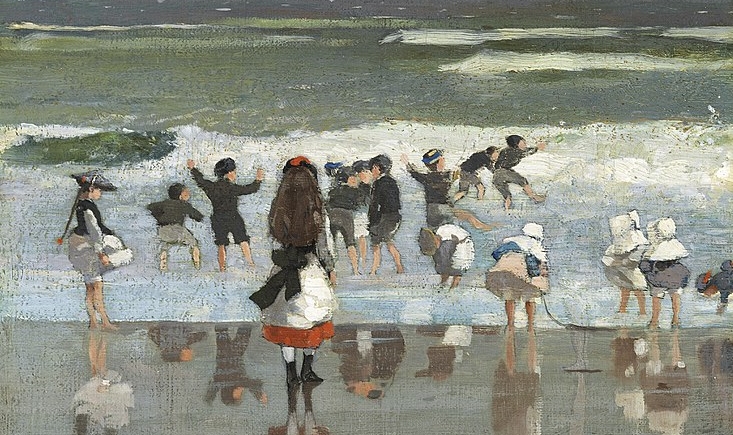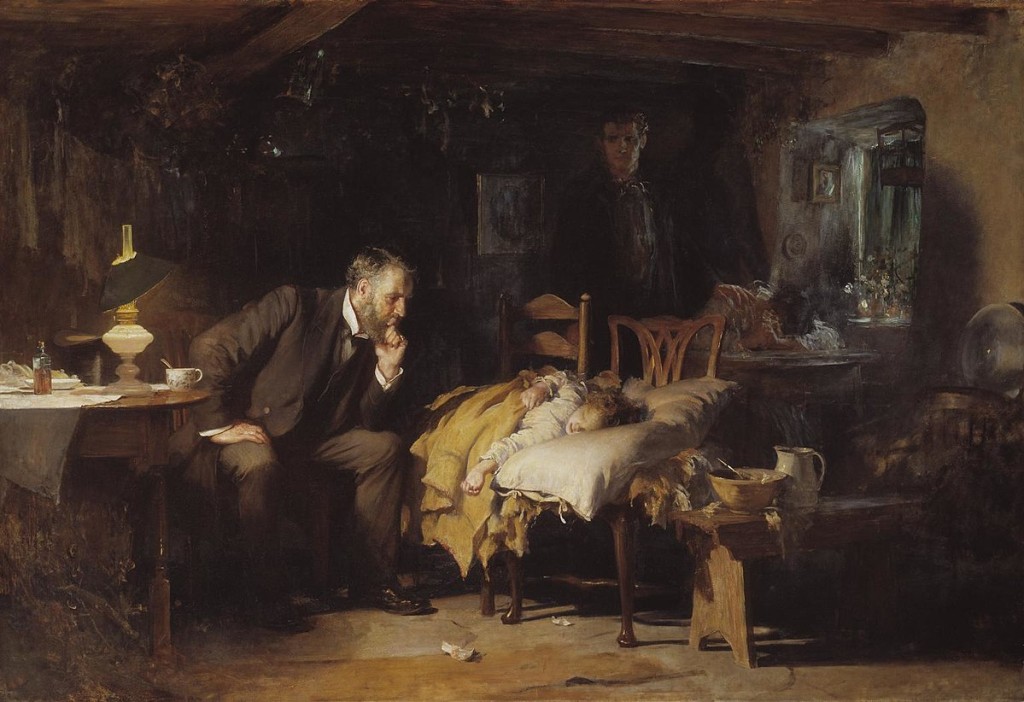
Czech Presidential Hopeful Does Not Understand Inflation
The solutions to combat inflation that Danuše Nerudová proposes are not good ones. A price cap on energy can lead to nothing but shortages. Financially incentivizing households and industry to reduce energy consumption is useless in a world of market prices.











